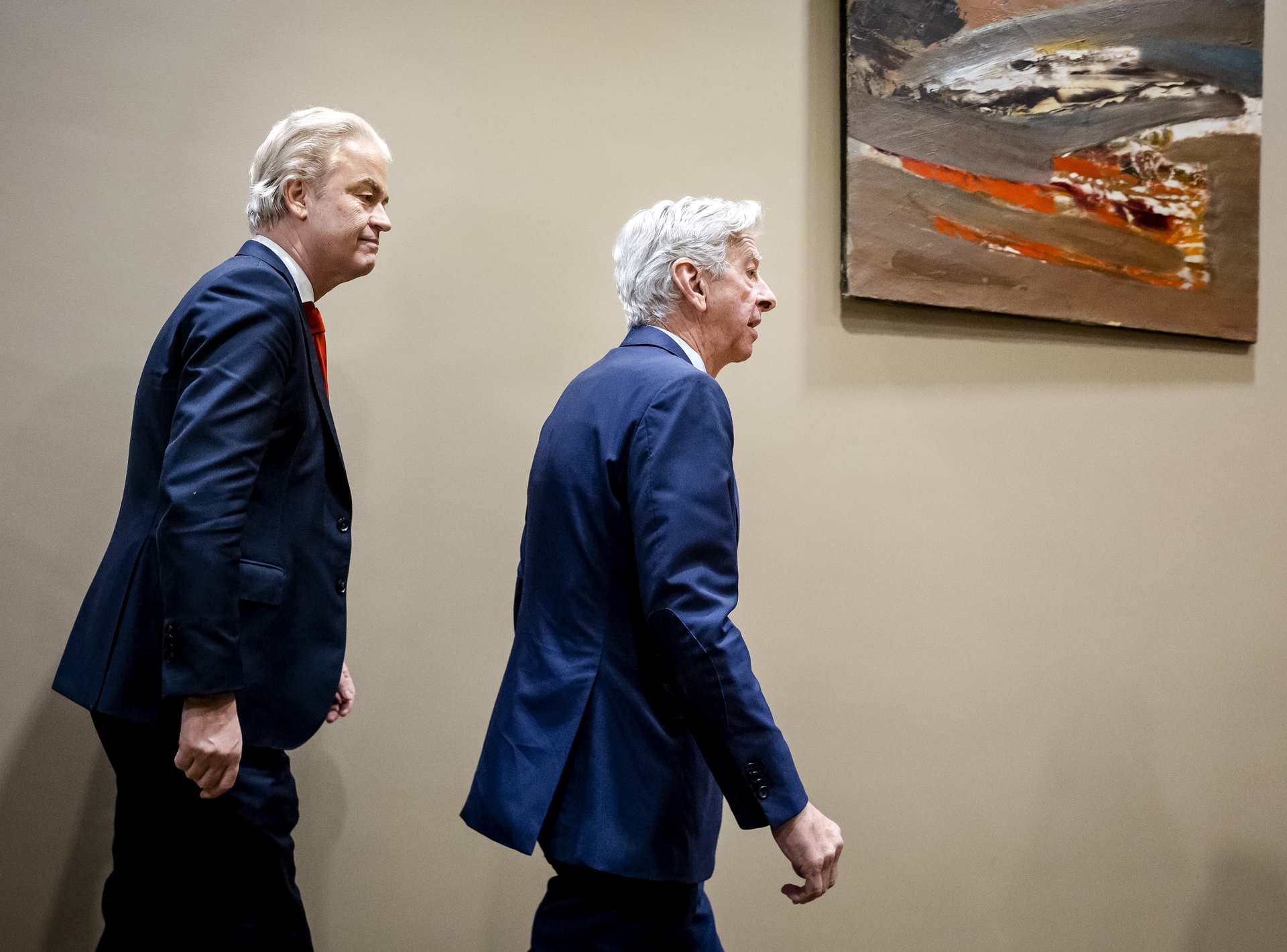#illness #faced #risk #antipsychotics
The debate on the use of antipsychotics could well be relaunched after the publication of a study, Wednesday April 17, in the British Medical Journal. These controversial medications are still widely prescribed to treat certain symptoms of Alzheimer’s disease. “Their use in adults with dementia is associated with increased risks of stroke, venous thromboembolism, myocardial infarction, heart failure, fracture, pneumonia and acute renal failure”details the publication based on data from the British healthcare system.
“These treatments are also widely used in France even though we have known for a long time that the benefit-risk balance is very unfavorable and that there are effective non-drug alternatives”underlines Professor Antoine Piau, geriatrician at Toulouse University Hospital.
Originally, these antipsychotics, also called neuroleptics, were normally intended to treat schizophreniawhich can cause delusions and hallucinations. “Then their use expanded, especially from the 1990s, to control behavioral disorders – crying, agitation, aggressiveness – in patients suffering from dementia. Until it was discovered that there was a price to pay for serious side effects”recalls neuropsychogeriatrician Jean-Claude Monfort.
Breaking with the all-medication culture
Thus, in January 2009, a British study published by The Lancet Neurology will make a big splash by showing that prolonged administration of neuroleptics significantly reduces life expectancy of people suffering from Alzheimer’s. “Faced with the accumulated evidence on the severe adverse effects of these neuroleptics, the health authorities will even make this subject one of the priorities of the 2008-2012 Alzheimer’s plan, with the objective of dividing their use by three”, specifies Antoine Piau. But it is difficult to know whether this reduction program has had any effect. Especially since the Covid crisis has, it seems, led to a resurgence in the prescription of these treatments.
” Added to this is the crisis of the health systemwhich makes the implementation of non-drug techniques – bathing, interaction with the animal or sensory therapy – more complicated, continues Antoine Piau. Techniques which have shown their effectiveness but which require a strong human investment to break with the dominant medical culture of all-medication. »


:format(url)/cloudfront-us-east-1.images.arcpublishing.com/lescoopsdelinformation/2CTLDE26X5BZDPSFELGKBBBFWU.jpeg)






